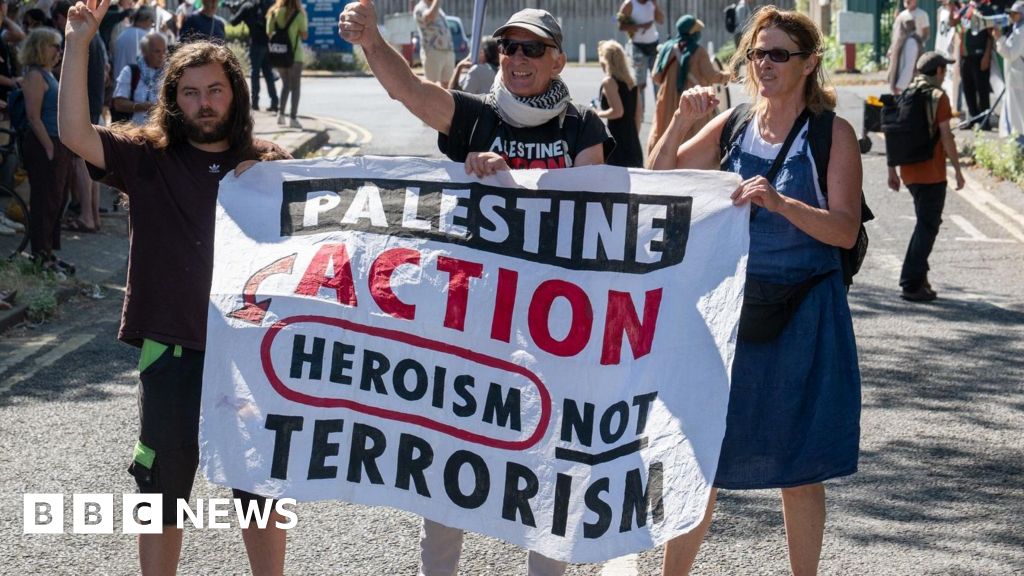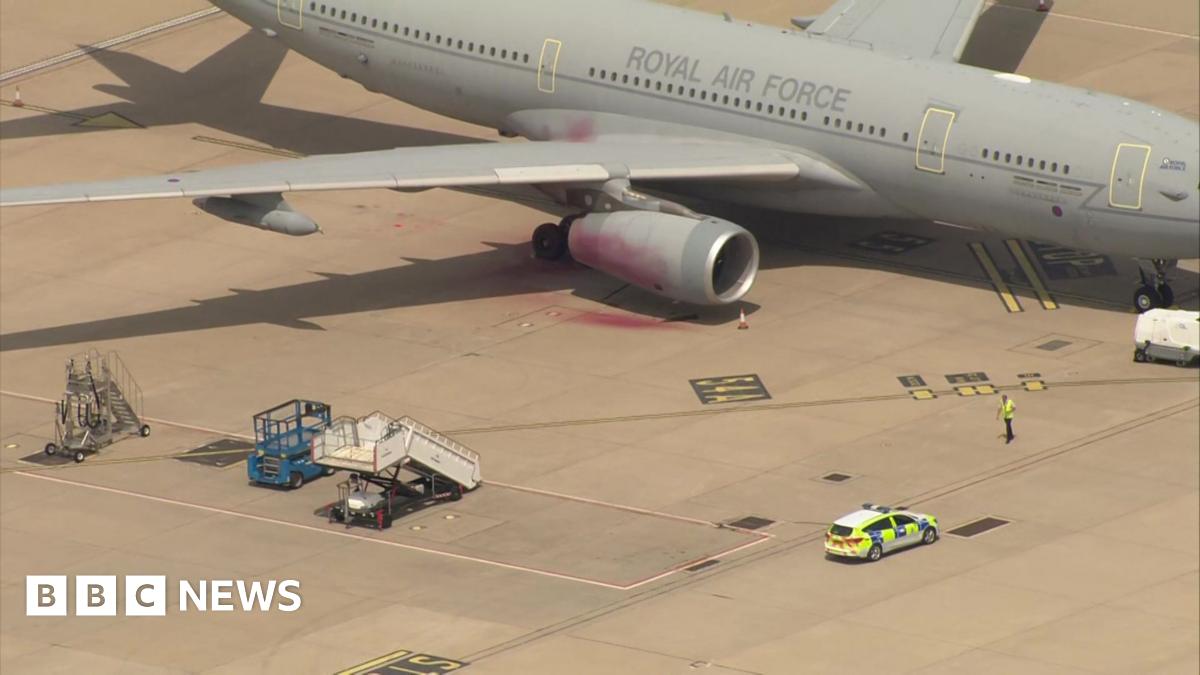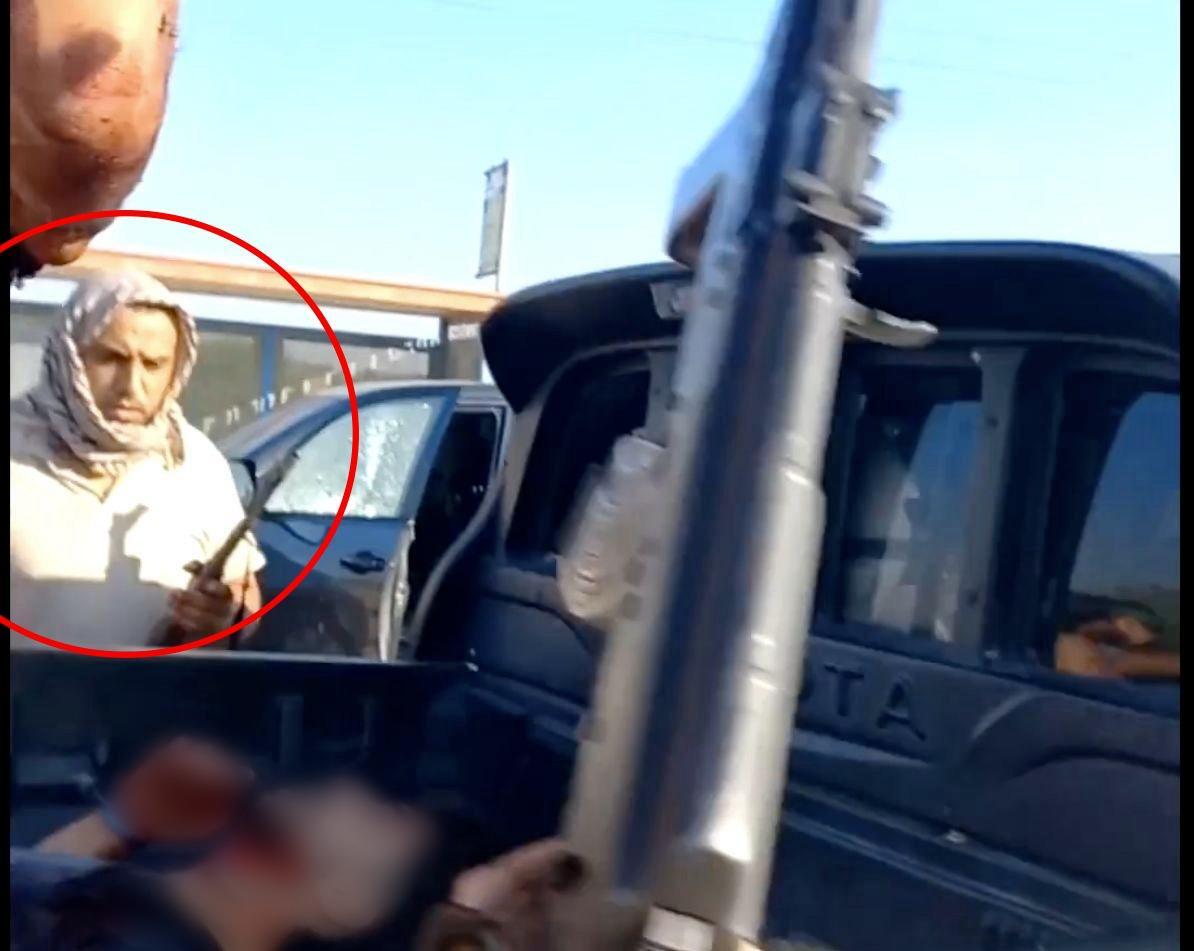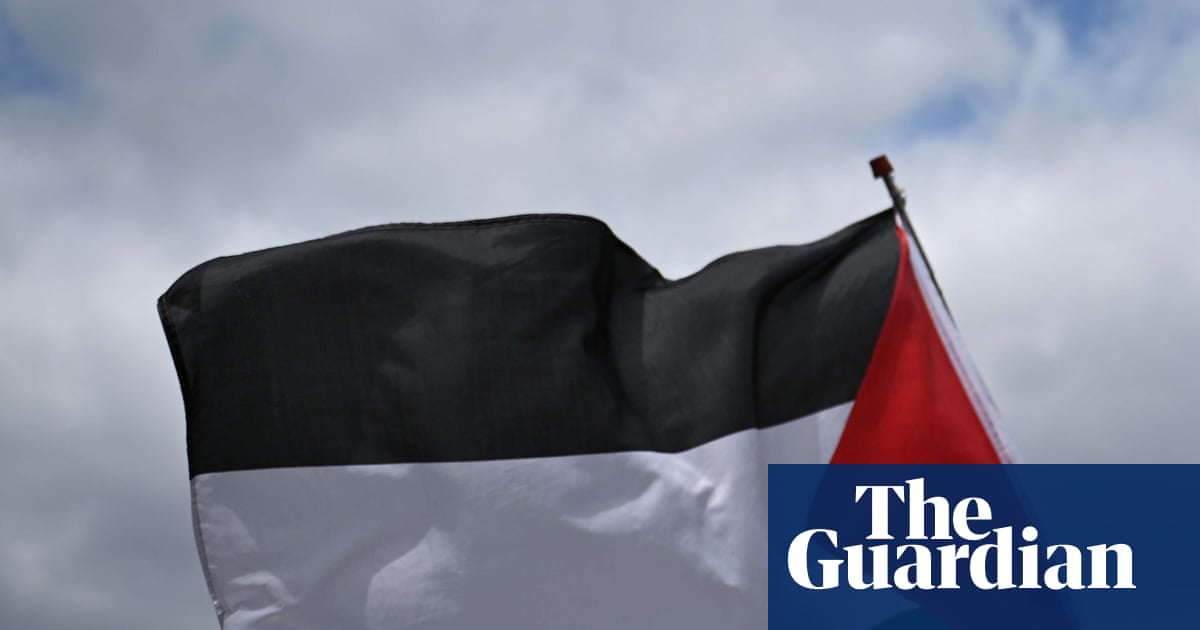T4K3.news
UK court rules Palestine Action may challenge terrorism ban
Huda Ammori is allowed to contest the government's decision to ban her pro-Palestinian group.

The court ruling marks a significant moment for freedom of expression in the UK.
UK court allows Palestine Action to challenge terrorism ban
Huda Ammori, cofounder of Palestine Action, can legally challenge the British government's ban on her group. London’s High Court ruled that the proscription under antiterrorism laws may infringe upon freedom of expression rights, and the group should have had input before the ban was enacted. This action follows Palestine Action's protest activities against Israeli-linked companies, including vandalism and disrupting operations. The court's decision comes amid rising tensions as many supporters of Palestine have faced arrest under the controversial ban, which allows for heavy penalties including imprisonment. Following the ruling, Ammori highlighted the broader implications for civil liberties when dissent against government actions is stifled. The UN has also expressed concerns about the potential misuse of counterterrorism laws. Amidst ongoing violence in Gaza, Israel continues to deny allegations of human rights abuses, further intensifying the situation.
Key Takeaways
"This decision demonstrates the significance of this case for freedoms of speech, expression and assembly."
Ammori speaks on the importance of the ruling for civil liberties in the UK.
"There is a disturbing misuse of counterterrorism laws that risks undermining fundamental freedoms."
UN official Volker Turk comments on the implications of the ban.
"Holding a placard has led to people being arrested, that’s what proscription is about."
Laura O'Brien explains the impact of the ban on peaceful protesters.
This court ruling serves as a landmark for civil liberties in the UK amid a politically charged atmosphere. By asserting that freedom of expression must be safeguarded, the court challenges the government's robust stance on national security. The implications are substantial not only for Palestine Action but for all groups that face scrutiny for their political expressions. The ruling could inspire further legal actions against similar bans, raising questions about the balance between security and individual rights. Additionally, it reflects growing international concern over how laws are applied in politically sensitive contexts.
Highlights
- The ban challenges our fundamental freedoms as citizens.
- This ruling highlights the risks to civil liberties at stake.
- Simply holding a placard should not lead to arrests.
- Freedom of expression must be protected for all.
Potential risks of freedom of expression stifled
The ruling underscores concerns that the government ban on Palestine Action might suppress free expression rights for citizens. This raises alarm about growing state control over political dissent, especially in sensitive areas like human rights activism.
This legal battle could reshape the landscape of political expression in the UK.
Enjoyed this? Let your friends know!
Related News

UK court rules Palestine Action can challenge ban

Kneecap banned from Hungary due to alleged antisemitism

New arrest made in RAF Brize Norton break-in case

Lawsuit filed against UNRWA for alleged support of Hamas

Western leaders threaten to recognize Palestinian state

Protests against Palestine Action ban lead to multiple arrests

Gaza on verge of running out of therapeutic food for children

Arrests made during Liverpool pro-Palestine protest
